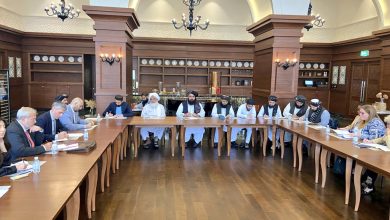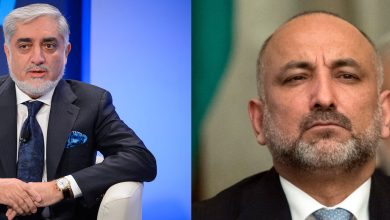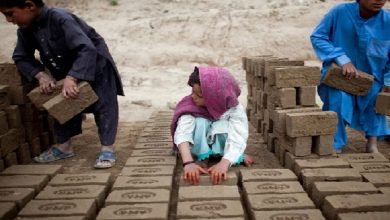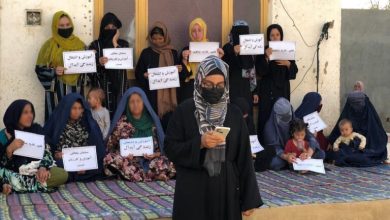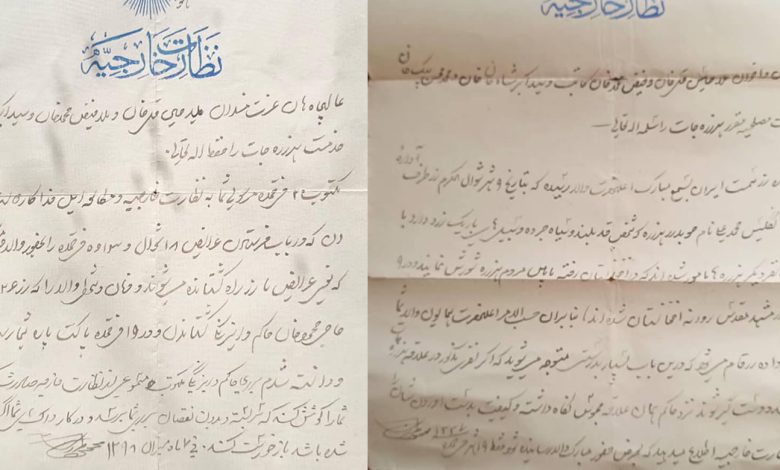
The Story of Sayed Akbar Shah and Katib Hazara: What Were the Historical Conspiracies? (1)
Bayan News – Sayed Akbar Shah Bark-Baf is recognized as one of the prominent religious scholars and writers in the local history of Hazarajat, particularly in the Wars region. Known for his devout religious character and his role as a member of the editorial committee in the court of Amir Abdul Rahman Khan, he faced numerous challenges throughout his life. The conspiracies and accusations leveled against him not only affected his personal life but also distorted his legacy and historical significance.
This article, based on historical events, has been written by Afghan author Ramesh Salimi and will be published by Bayan News in multiple parts.
The Beginning: A Mission to Hazarajat
During the reign of Habibullah Khan, and later under Amanullah Khan, Sayed Akbar Shah, along with Katib Hazara and several other notable figures, was dispatched on a mission to resolve the issues faced by the people of Hazarajat. According to the customs of the time, the local people presented valuable gifts, including precious items, to the delegation upon the mission’s completion. These gifts were initially entrusted to Sayed Akbar Shah, which reportedly upset Katib.
Katib, officially recognized as the head of the delegation, grew discontented as Sayed Akbar Shah, due to his charismatic personality and commanding presence, was regarded with greater esteem by the people. This tension over status and the distribution of the gifts led to verbal disputes between the two, severely impacting their relationship.
Introduction to the Court and the Onset of Familial Hostilities
Sayed Akbar Shah was introduced to Amir Abdul Rahman Khan by his maternal uncle, Mir Nasir Beg, and subsequently served as a member of the editorial committee at the royal court. This introduction elevated his standing among the court’s elites. However, after the death of Mir Nasir Beg, his sons, particularly Karim Dad Beg, developed animosity toward Sayed Akbar Shah.
This hostility stemmed mainly from familial disputes, with accusations that Sayed Akbar Shah was involved in the murder of Mir Yazdan Bakhsh, a prominent family member. Additionally, conflicts over the inheritance of valuable lands known as Nashabah Agha, granted by Mir Nasir Beg, further fueled tensions.
Key Factors Behind the Smear Campaign Against Sayed Akbar Shah
Three major factors contributed to Sayed Akbar Shah becoming a victim of rumors and conspiracies:
Conflicts with Katib Hazara: Professional rivalries and disputes over the distribution of gifts from the people led to significant clashes between Sayed Akbar Shah and Katib.
Familial Hostilities: The sons of Sayed Akbar Shah’s uncle, especially Karim Dad Beg, accused him of murder and other transgressions, perpetuating recurring disputes and accusations.
Presence in the Royal Court: Sayed Akbar Shah’s active role in the court as a member of the editorial committee made him a target for political and familial rivalries.
The Hazarajat Uprising and Baseless Accusations
During the Hazarajat uprising led by Mohammad Azim Beg Sehpay, rumors circulated that Sayed Akbar Shah was involved in the rebellion. However, at the time, he was imprisoned in Kabul and had no connection to the events in Hazarajat. Nevertheless, certain individuals fabricated documents and spread rumors linking him to the uprising.
One of the tools used in these allegations was the book Siraj al-Tawarikh, which presented critiques and was repeatedly edited during and after the era of Amir Abdul Rahman Khan. These modifications, particularly in modern times, were aimed at tarnishing Sayed Akbar Shah’s reputation and associating acts of betrayal with him.
To Be Continued…

Prohibition of Girls’ Education: “How cruelly we have been condemned”




